Scientists need to be posed with "big problems"
Professor, Doctor of Science Ho Tu Bao - Director of the Data Science Laboratory, Institute for Advanced Study in Mathematics pointed out the large difference in science and technology budget allocation between Vietnam and developed countries. According to published data, the US, France, Germany, Japan spend more than 60% and China 83% of science and technology resources on research and development (R&D). Meanwhile, Vietnam's science and technology is still academic, focusing on basic research and has not been transformed into production.
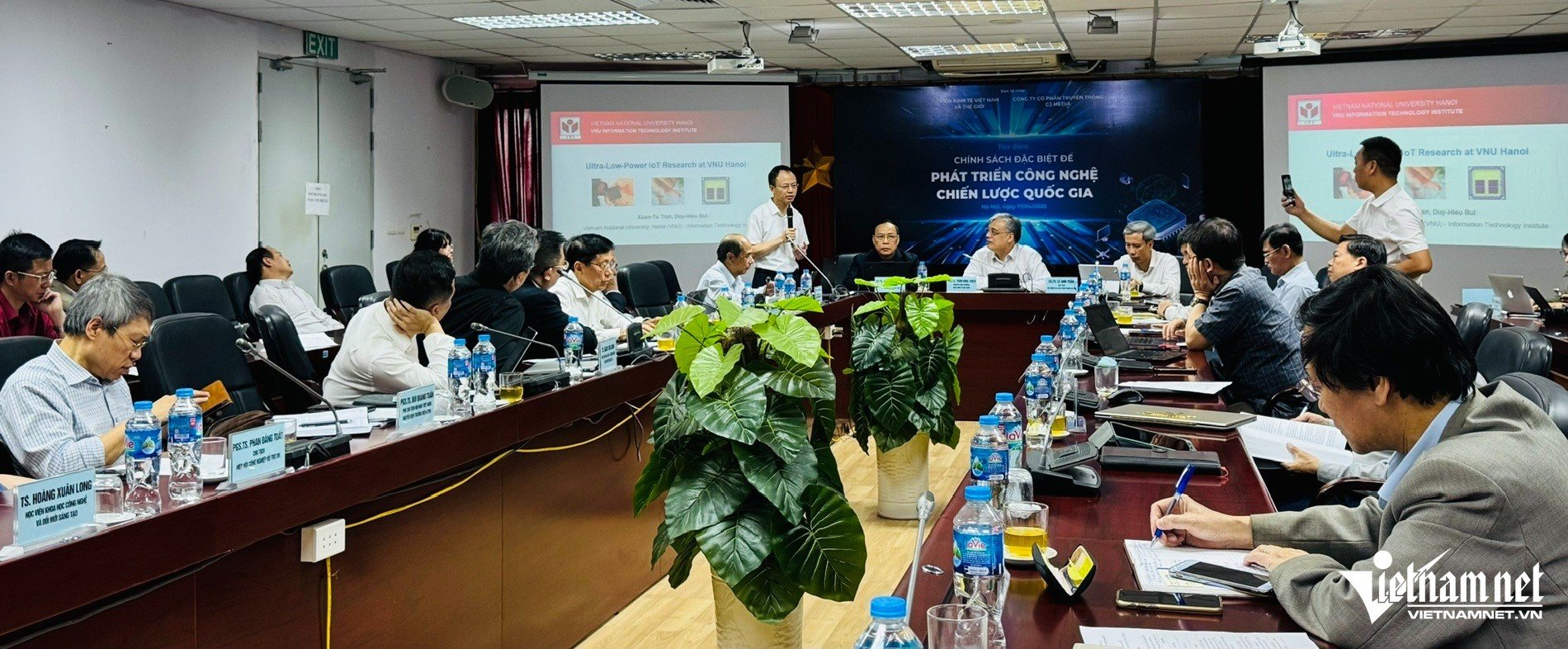 |
| Seminar on “Special policy for developing national strategic technology”. (Photo: VietNamNet) |
Professor Bao cited data from the Ministry of Education and Training , saying that as of August 2024, Vietnam had about 743 professors, more than 91,000 university lecturers and 23,776 PhDs. From there, he raised the question: "How many of these people are really attached to the production and development of the country?".
He also pointed out some challenges that Vietnam's science and technology sector is facing, especially the lack of connection with production practices. "Science and technology currently do not have enough motivation from the actual needs of the economy and businesses. When it comes to R&D, we still lean heavily towards research (R), while the development (D) part has not received due attention."
Professor Ho Tu Bao also emphasized that Vietnam is lacking key national programs following a top-down approach. He commented: "We lack 'big problems' set by the state to focus elite resources to solve. Meanwhile, the current popular approach is bottom-up. Research topics mainly come from the ideas and personal strengths of scientists. This approach focuses on building forces but is difficult to create major breakthroughs or solve urgent issues of national strategy."
The center of the science and technology ecosystem must be businesses.
Associate Professor, Dr. Nguyen Van Thanh, Vice Chairman of the Central Theoretical Council, said that Vietnam needs to clearly define the list of strategic technologies, focusing on key areas, instead of spreading them out as before. According to him, the choice of technology needs to be carefully analyzed in terms of strengths, weaknesses, opportunities, and challenges of each technology choice, learning from both successful and failed experiences in the world. In particular, he emphasized that technology cannot be developed without people operating and innovating. Therefore, there needs to be a synchronous policy to train and develop high-quality human resources, and at the same time, take urgent action in the face of rapid changes in the global technology market.
Professor, Dr. Chu Duc Trinh, Principal of the University of Technology (Vietnam National University, Hanoi) said that to implement Resolution 57 of the Politburo, the State needs to have a "constructive" policy to encourage creativity in both businesses and research institutions.
"In the coming time, we must promote private enterprises; must nurture private enterprises, create a very long-term vision. The center of the science and technology ecosystem must be enterprises, scientists will accompany as a research and development department of enterprises," Mr. Trinh proposed.
Focus on strategic technology and innovation
Experts also shared many initiatives to develop strategic technologies. Professor, Dr. Tran Xuan Tu, Director of the Institute of Information Technology and Semiconductors (Hanoi National University), suggested that Vietnam could focus on microprocessors based on the open source RISC-V code, helping to reduce dependence on foreign proprietary closed source code. He also proposed establishing an IP bank dedicated to Vietnamese designs to share for free or at low cost. This bank would support research groups, while design providers would receive feedback during actual use to continue to improve.
He also stressed the need for a semiconductor manufacturing plant, large or small, to serve national security and should focus on advanced packaging technology.
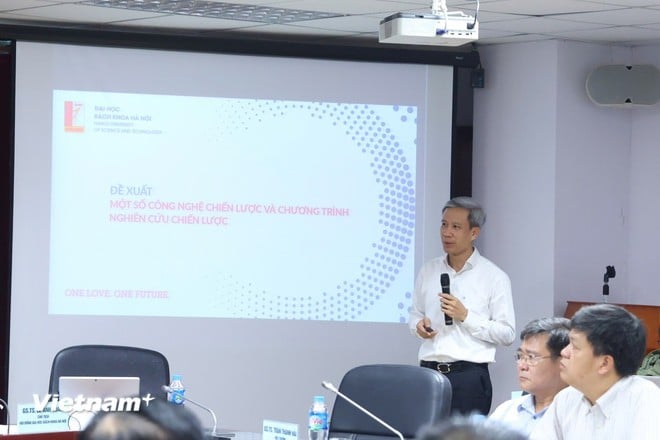 |
| Professor, Dr. Le Anh Tuan - Chairman of the Council of Hanoi University of Science and Technology. (Photo: VNA) |
Professor, Dr. Le Anh Tuan, Chairman of the Council of Hanoi University of Science and Technology, recommends that there should be mechanisms such as: placing strategic orders through key research programs; establishing an innovation fund in the form of state investment - enterprise operation; establishing an innovation alliance of universities. In addition, there should be a mechanism to mobilize financial resources from society and enterprises, combining knowledge teams from research institutions such as universities and research institutes.
Source: https://thoidai.com.vn/chuyen-gia-hien-ke-phat-trien-cong-nghe-chien-luoc-quoc-gia-212734.html




![[Photo] Prime Ministers of Vietnam and Thailand visit the Exhibition of traditional handicraft products](https://vphoto.vietnam.vn/thumb/1200x675/vietnam/resource/IMAGE/2025/5/15/6cfcd1c23b3e4a238b7fcf93c91a65dd)

![[Photo] National Assembly Chairman Tran Thanh Man meets with Thai Prime Minister Paetongtarn Shinawatra](https://vphoto.vietnam.vn/thumb/1200x675/vietnam/resource/IMAGE/2025/5/15/e71160b1572a457395f2816d84a18b45)





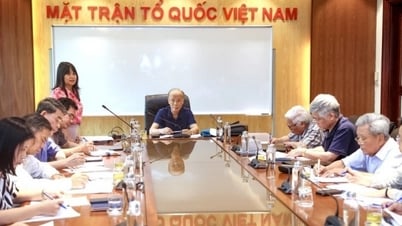
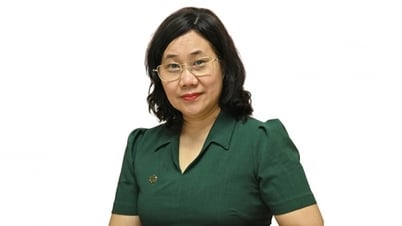






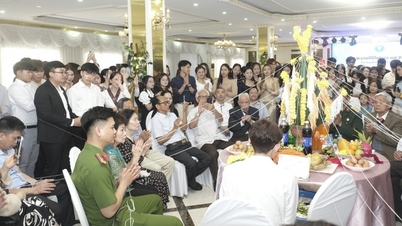
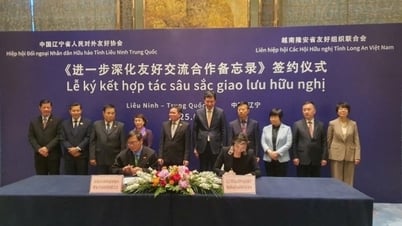
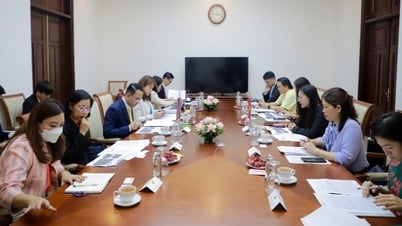
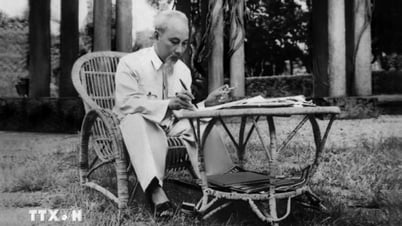


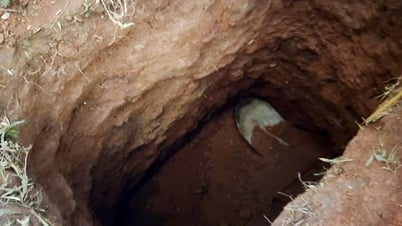




























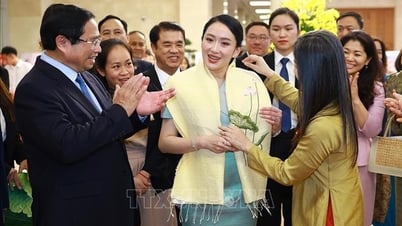

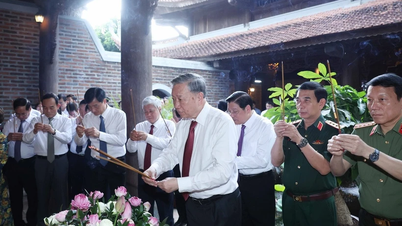
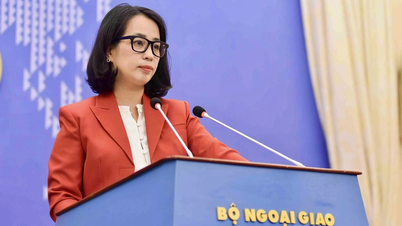








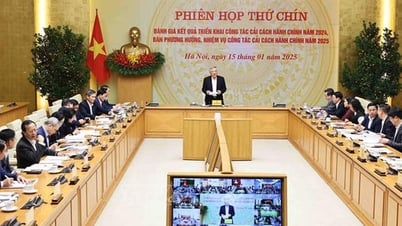

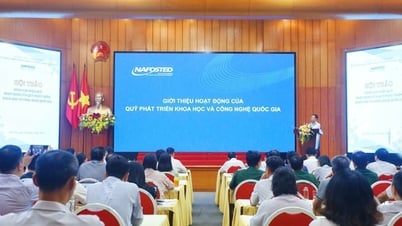

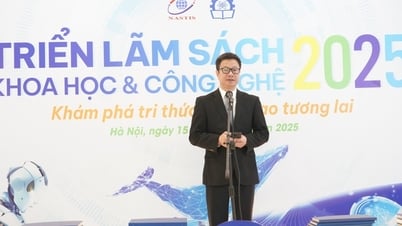






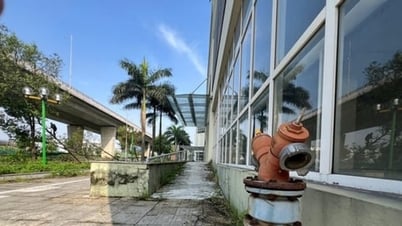
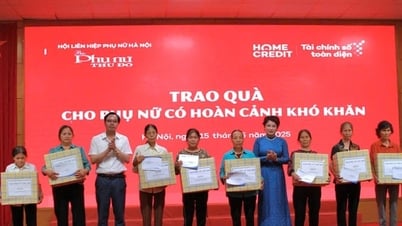










Comment (0)